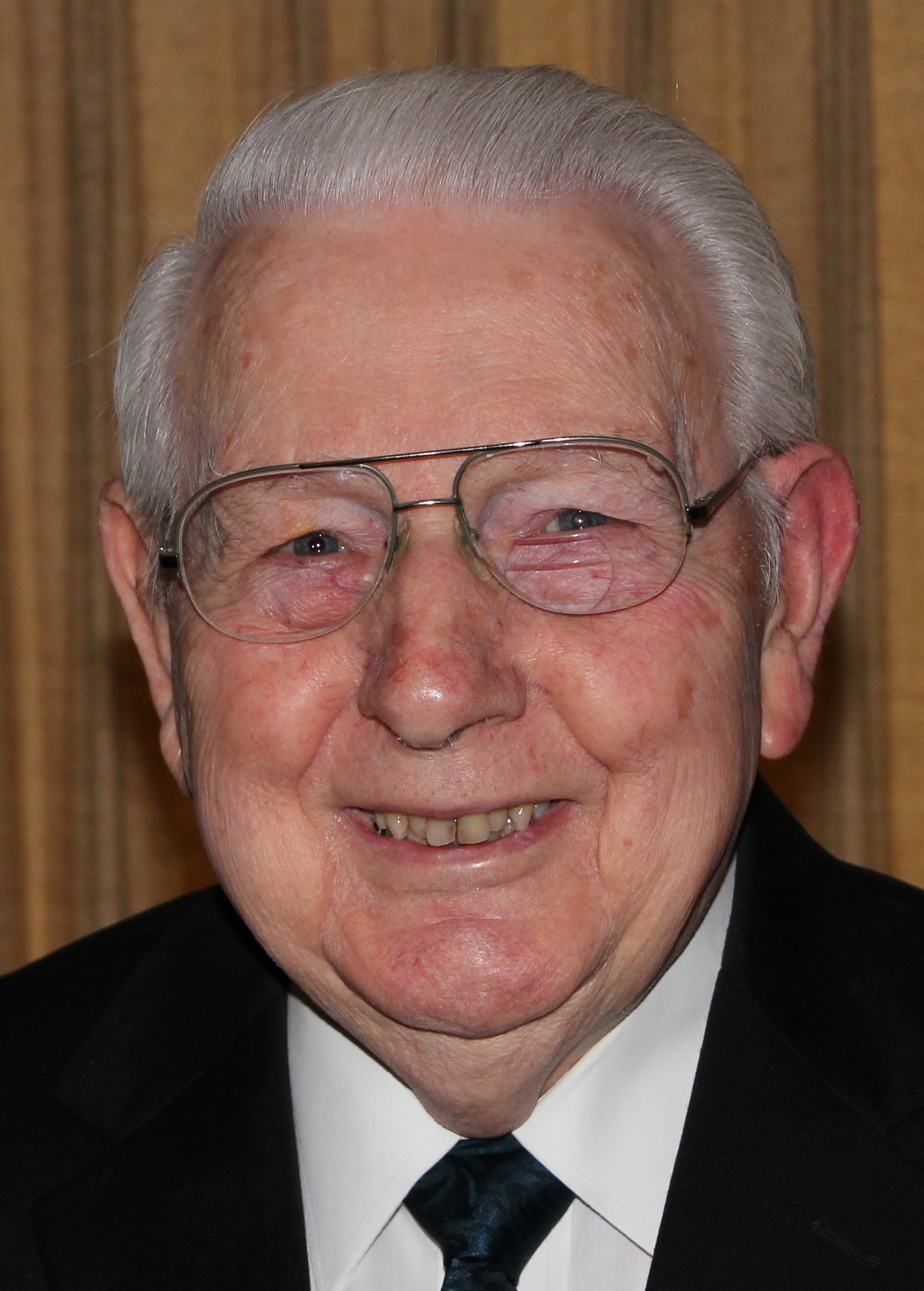 August 6, 2015 (Thursday)
August 6, 2015 (Thursday)
There goes that song again–the one that wakes me up in the morning. It’s never the same song, but for some unknown reason it makes its way into my head and won’t go away. Today it’s an old love song, “This is a lovely way to spend an evening,” but when I try to remember the words, it fades into “I love you for sentimental reasons,” which brings memories of Nat King Cole and prompts me to hum, “The very thought of you..”
As I meditated on the words of these old love songs from long ago, the thought came, “They don’t make songs like these anymore.” But I did a little investigating, just to make sure, and found a web site entitled “15 Modern Day Love Songs.” So I listened to all the songs, complete with a video of each, and came to some unexpected conclusions.
Much to my surprise, my first conclusion was that I don’t hate the modern songs. Some of them capture the hearts of people–even old fogies like me. They are quite different from the old ones. The rhythms are different, the bands different, the singers different, the style different–virtually everything in the new genres is different from the music of say, 1940. But the big difference, in my opinion the main difference, is in the emotions expressed in the music.
The old love songs maintained a distance from the object of love. We sang to our sweethearts with feelings near reverence, not daring to get too close, showing respect while confessing our love and certainly not presuming that the object of our affection was obligated to respond in kind. They were “courtship” songs.
 Today’s love songs, however, are immediately intimate, cutting to the heart of matters, dealing with strong emotions. They entertain, but they also invite the audience (which is nearly always crowded into an arena without chairs–everyone touching somebody) to share the feelings.
Today’s love songs, however, are immediately intimate, cutting to the heart of matters, dealing with strong emotions. They entertain, but they also invite the audience (which is nearly always crowded into an arena without chairs–everyone touching somebody) to share the feelings.
The music, therefore, I conclude after my “comprehensive” twenty-minute study, reflects the times in which we live. The old songs we love so much originated in a different world. The people of today’s world are much more in tune with feelings than with logic. Correct me if I’m wrong.
Could this “discovery” help us to understand why many people prefer the contemporary music of praise and worship in our churches?
